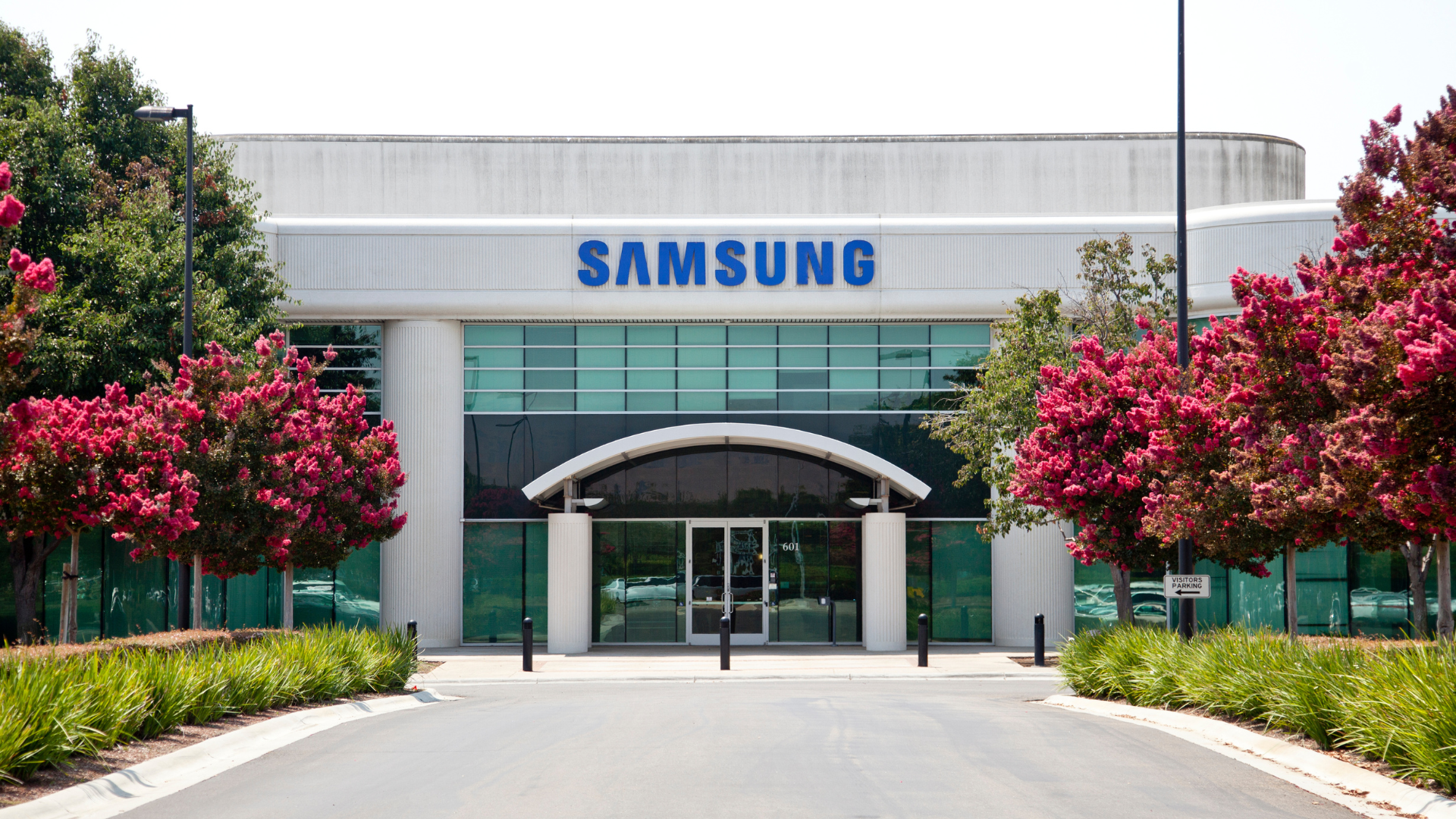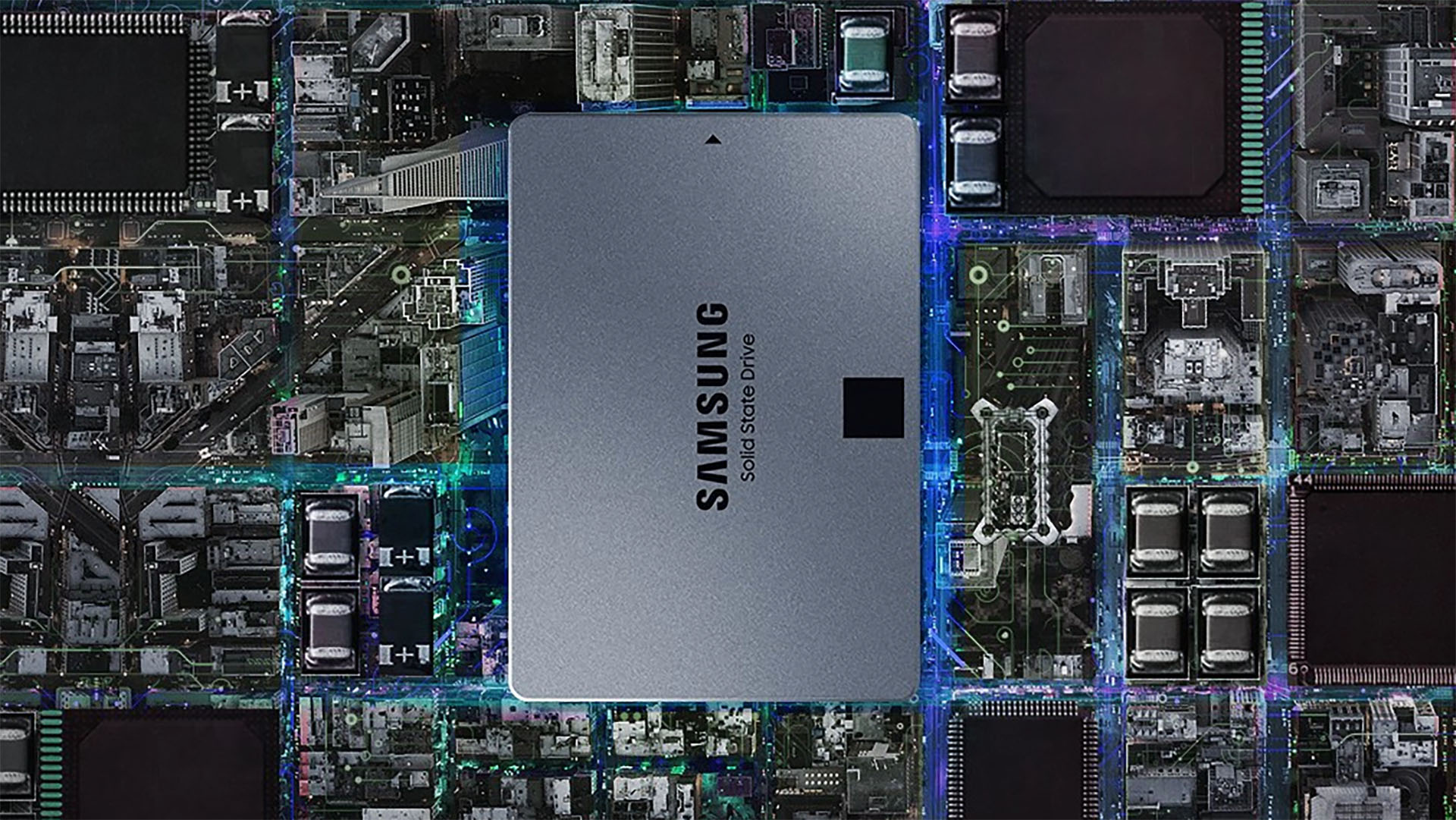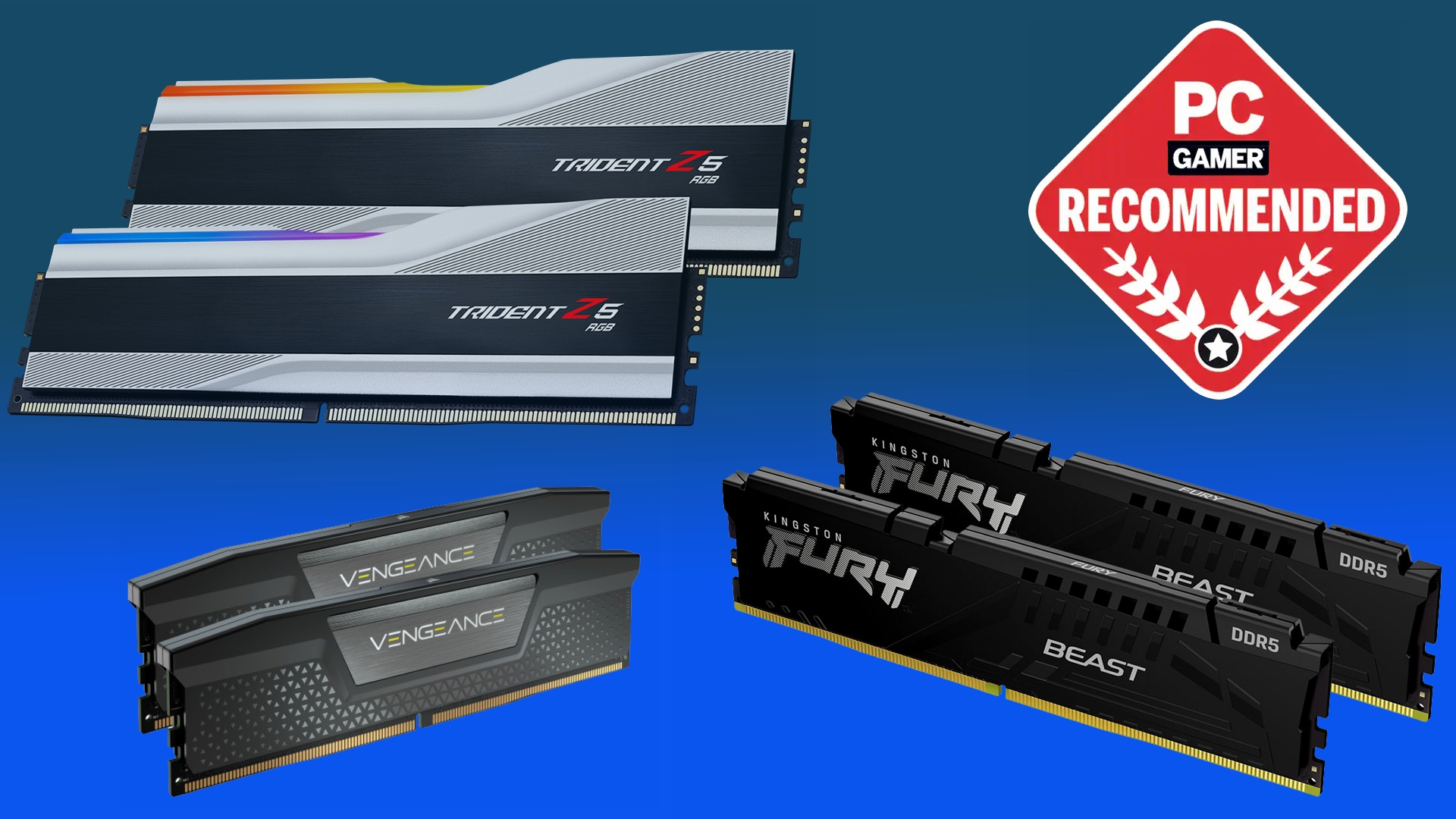Samsung rakes in nearly $5 billion profit from companies hoarding memory chips like Smaug ahead of Trump's tumultuous tariffs
Samsung has secured short-term success.

As major US tariffs are starting to disrupt manufacturers, Samsung managed to get a small boon as customers bought its memory and phones for fear of tariffs bringing prices up.
According to a report by Reuters, Samsung made an estimated operating profit of 6.6 trillion won ($4.47 billion) for the January to March period this year, which is 1.5 trillion ($1 billion) more than the 5.1 trillion ($3.4 billion) estimated by the London Stock Exchange Group. This figure is slightly smaller than the same period last year but higher than what Samsung made in the previous quarter.
Hyundai Motor Securities head of research, Greg Roh, stated that, despite memory prices going down, "strong demand from customers looking to secure inventory ahead of potential U.S. tariffs helped boost Samsung’s memory chip shipments".
This could signal a difference in manufacturing approach for some of Samsung's clients due to an uncertain future of stock and pricing. Many companies work under the Just-in-time manufacturing strategy, where inventory is only acquired as needed, to reduce waste and avoid major stockpiles. This new surge in demand suggests that manufacturers buying off Samsung will be effectively hoarding memory to work in future devices.
Samsung seems to have benefitted heavily from the notion of tariffs, given they were sold in the January to March period but all is up in the air as countries react to the constant stream of information around tariffs right now.

According to Reuters, analysts reckon "shipments are likely to decline in the second quarter."
US President Donald Trump put a blanket 10% tariff on all countries on April 5th but has since raised it up to 32% for Vietnam, China and Taiwan. Trump has further threatened to raise the tariffs on China up to 50%, in response to China's retaliatory tariffs.
The biggest gaming news, reviews and hardware deals
Keep up to date with the most important stories and the best deals, as picked by the PC Gamer team.
Samsung centres its manufacturing out of a handful of countries, including Vietnam, South Korea, and India, all of which will see the effects of tariffs. Tariffs tend to hit consumers as distributors tack on that extra fee to sold goods. Raising the price of goods without raising the profit margin is a bad result for a company as higher prices result in less demand, without the benefit of better relative profits to counteract it. This explains why some companies are buying ahead of time.

Best RAM for gaming: the latest and greatest
Also in response to Trump's tariffs, Nintendo Switch 2 preorders were recently held back in America. Nintendo is likely reassessing how much it charges for consoles, as it will have to honour any preorders made at the price it initially sells them for.
The same is true of Framework, which just announced the cheaper versions of its 13-inch modular laptop would no longer be available for purchase as it would have to sell them at a loss to keep its price point. Phone sales have also risen for Samsung in the January to March period with preemptive sales for the Samsung Galaxy S25 going up ahead of tariffs.
Laptops and phones may just be the tip of a veritable iceberg of tech goods price bumps, so we'll just have to wait and see what else gets hit by the tariffs.

James is a more recent PC gaming convert, often admiring graphics cards, cases, and motherboards from afar. It was not until 2019, after just finishing a degree in law and media, that they decided to throw out the last few years of education, build their PC, and start writing about gaming instead. In that time, he has covered the latest doodads, contraptions, and gismos, and loved every second of it. Hey, it’s better than writing case briefs.
You must confirm your public display name before commenting
Please logout and then login again, you will then be prompted to enter your display name.

